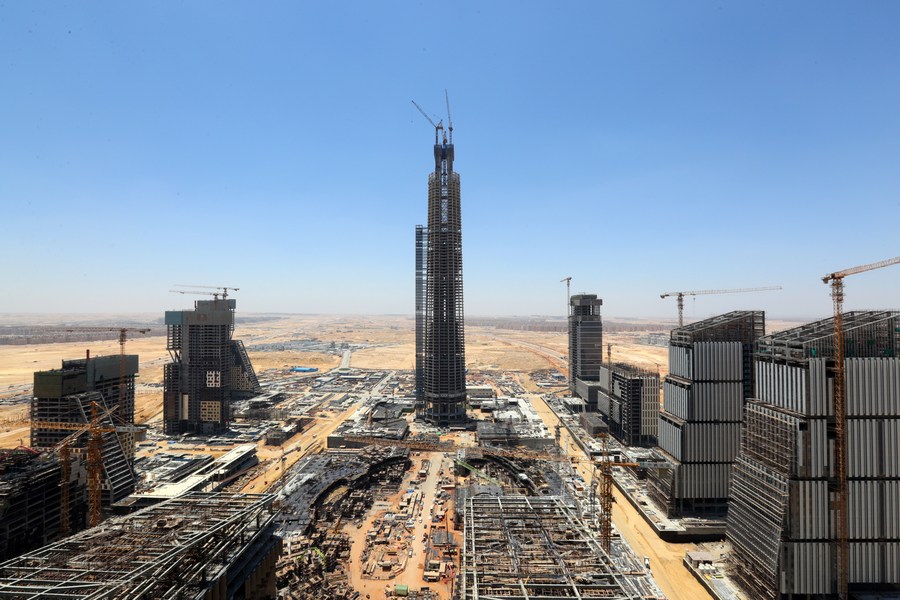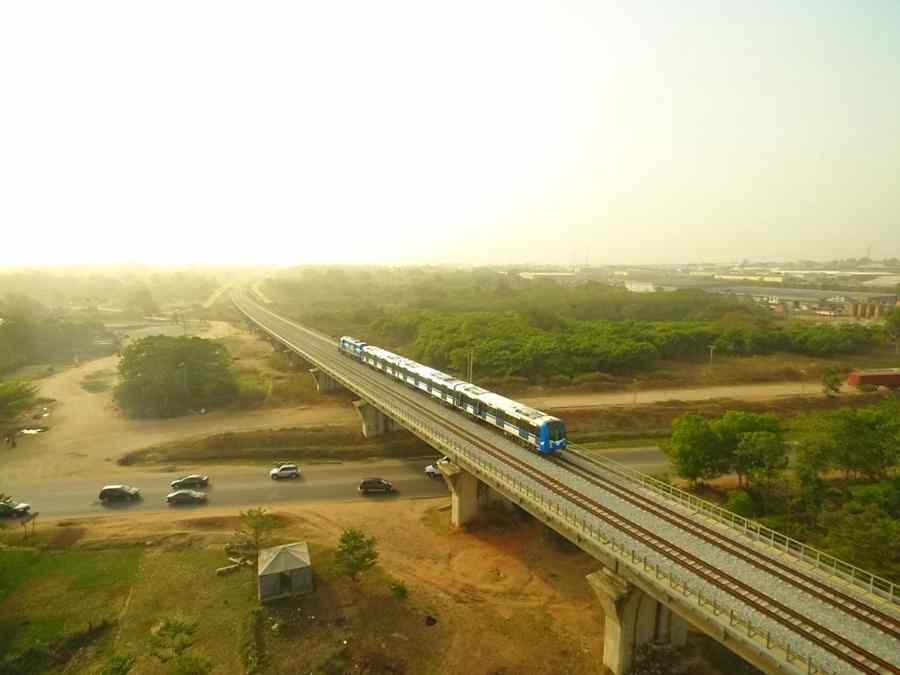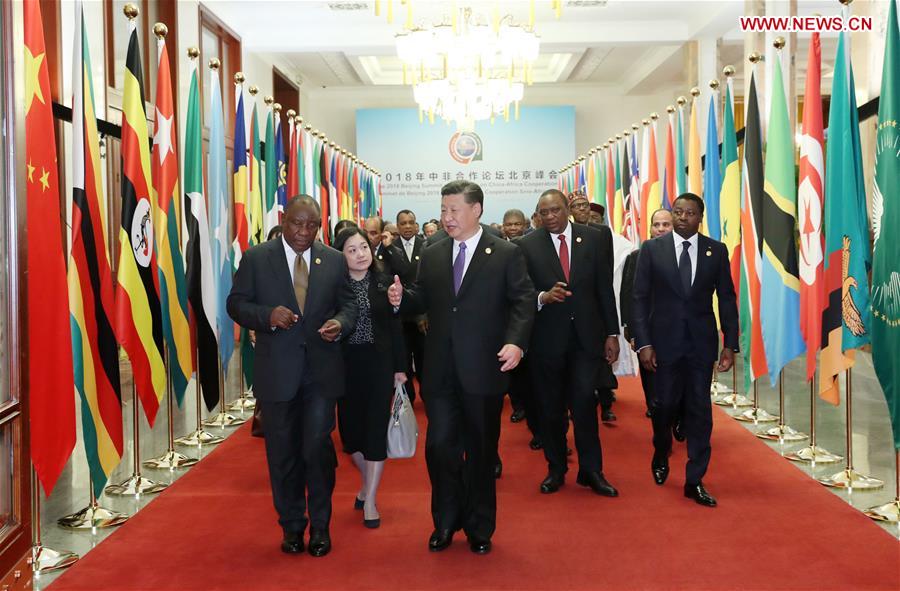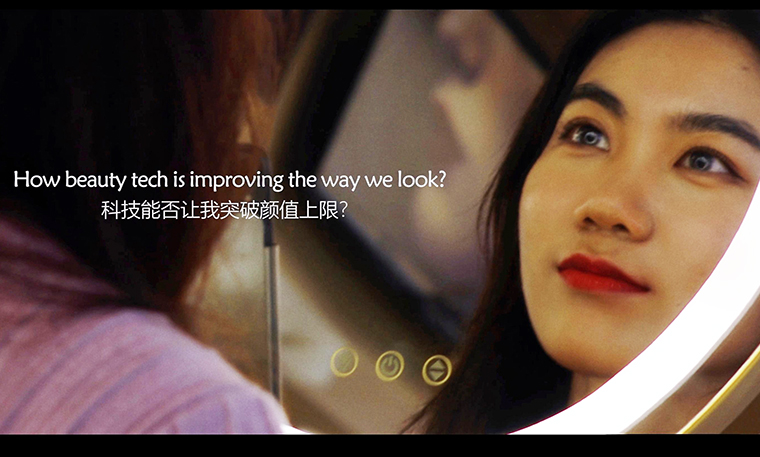FOCAC: African countries have agency in engaging China

Photo taken on June 17, 2021 shows the Iconic Tower (C) being topped out at the construction site of the central business district (CBD) project in new administrative capital, Egypt. (Xinhua/Sui Xiankai)
The increase in cooperation between China and Africa over the past two decades, cemented under the framework of the Forum on China Africa Cooperation (FOCAC), represents a systematic engagement that will likely endure for a long period to come.
This year marks 21 years since the inception of the agreement , with the Eighth Ministerial Conference set to be held in Dakar, Senegal, at the end of this month.
The meeting is expected to entrench further cooperation between the two sides – with 53 African countries, along with the Commission of the African Union on one side, and China on the other.
Under FOCAC, the two sides have engaged in cooperation on a large number of varied areas, including infrastructure development, funding/loans, energy, telecommunications, health, agriculture, and so forth, all of which have had a profound impact on individual countries.
In Zimbabwe, a series of projects have been undertaken with Chinese, such as the expansions to the Kariba and Hwange electricity generation projects; the upgrading and expansion of airports in Harare , Bulawayo, and Victoria Falls; and, the construction of the new parliament building . Other development projects include the Mahusekwa Hospital, Marovanyati Dam, and various upgrades to telecommunications infrastructure.
All of these projects cost millions of dollars, and with all having been made possible thanks to China. At the same time, Zimbabwe, like many other African countries, is eligible for loans guaranteed at concessional rates, to ensure that it can meet its own developmental goals.
These two areas – namely, infrastructure development and funding – have led to some commentators expressing cynicism, with claims that China is ensnaring Africa in a so-called debt-trap cycle.

The Abuja Light Rail in Abuja, Nigeria is the first urban rail transit system opened in West Africa. It was constructed by the China Civil Engineering Construction Corporation (CCECC) Nigeria. (Photo by the CCECC)
Capacity building, forging goodwill
China’s readiness to provide help to the African continent, both at the continental level (symbolised by the construction of the African Union headquarters in Addis Ababa, Ethiopia) and at the individual country level is dually a matter of capacity and goodwill.
The rise of China as an economic giant over the past four decades has benefited Africa at a time traditional Western funders and former colonizers have lost their grip. This has allowed China to translate traditional political friendship – honed during the liberation struggles against imperialism – into economic opportunities for both sides.
With countries in Africa marking an average of 50 years since their political independence, a state of economic independence has nonetheless remained as yet unrealized and elusive. This has seen China become the continent’s go-to friend, once again.
In itself, China has been a model for success as it rose from being an economic backwater to a world powerhouse.
It took just four decades to achieve that transformation, and there is a willingness on both sides to share experiences and bridge opportunities in a practical way.
Contrary to the perceptions created by detractors that China is doling out loans in order to ensnare African countries, the facts are that financing models to Africa have been agreed to by both sides and are systematic and progressive.
At a very basic level, African countries have determined what to do with the funds received from China or the kinds of important infrastructure that need to be financially supported. This means that Africans have control themselves on just how they choose to engage with China.

Chinese President Xi Jinping and foreign leaders attending the Beijing Summit of the Forum on China-Africa Cooperation (FOCAC) head for the venue of the summit's opening ceremony at the Great Hall of the People in Beijing, capital of China, Sept. 3, 2018. (Xinhua/Pang Xinglei)
During the 2018 Beijing Summit and the Seventh Ministerial Conference of the FOCAC that was held in Beijing from September 2 to 4, 2018, for example, both parties agreed that China will extend loans of concessional nature, export credit line and export credit insurance to African countries, make the loans reasonably more concessional, create new financing models and improve the terms and conditions of the credit to support China-Africa Belt and Road cooperation and industrial capacity cooperation, and the infrastructure construction, development of energy and resources, agriculture, manufacturing and the comprehensive development of the whole industrial chain of Africa.
Based on this framework, China agreed to extend US$20 billion of credit lines and support the setting up of a US$10 billion special fund for development financing.
Countries agree that, in its investment and financing cooperation with Africa, China is committed to the principles of no political strings, mutual benefits and efficient development, supports Africa's pursuit of diversified and sustainable development, and will make active efforts to help African countries improve debt sustainability and achieve internally-driven development and mutually-reinforcing economic and social development.
Accordingly, Africa welcomed the release of the Guiding Principles on Financing the Development of the Belt and Road. China will also strengthen cooperation with the African Development Bank and other multilateral development banks in Africa, and properly manage the follow-up investment of the Africa Growing Together Fund (AGTF) .
FOCAC, for us and for the world
Among many African observers, FOCAC represents an important framework that speaks to the needs of the continent and serves as a key platform to interact with and learn from China.
African countries are eagerly awaiting the forthcoming meeting as it will define the course of the relationship moving forward, with a reported four major policy documents set to come out.
Still, there is a long way to go: African countries are where China was four decades ago, meaning that there is a gap in the two sides’ level of development.
African countries need to learn from the Chinese model of modernization and explore a road to development suited to their own respective national conditions.
There is a need for African countries to inculcate and entrench certain policies, practices and approaches, which includes tackling corruption, promoting reform and opening up, ensuring political stability, and performing self-correction, among others.
The author is a Zimbabwean journalist and writer, previously serving as an editor at The Herald, Zimbabwe's major national newspaper.
The opinions expressed in this article reflect those of the author, and do not necessarily reflect those of People's Daily Online.
Photos
Related Stories
- Interview: Upcoming FOCAC meeting to open up new prospects for Africa-China cooperation: Congolese FM
- Feature: China-aided water projects bring joy to communities in Africa
- China, Africa boost trade cooperation despite COVID-19
- Chinese Premier stresses closer China-Africa local government cooperation
- Xi sends congratulatory letter to 6th China-Africa People's Forum
Copyright © 2021 People's Daily Online. All Rights Reserved.










